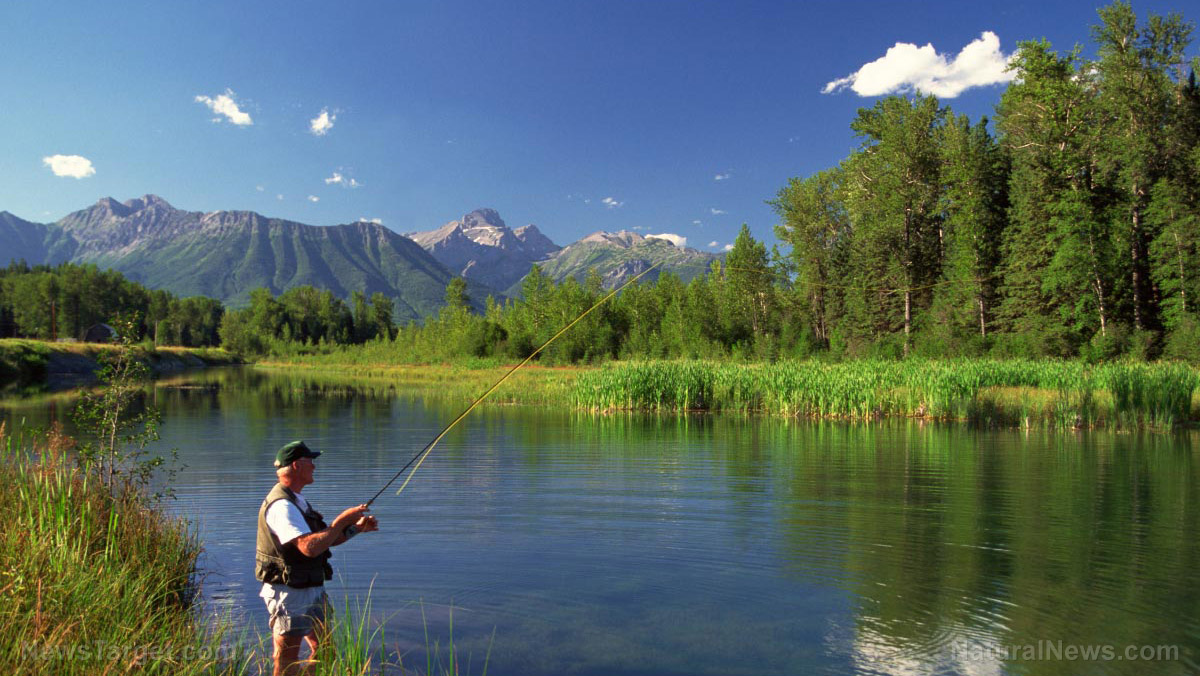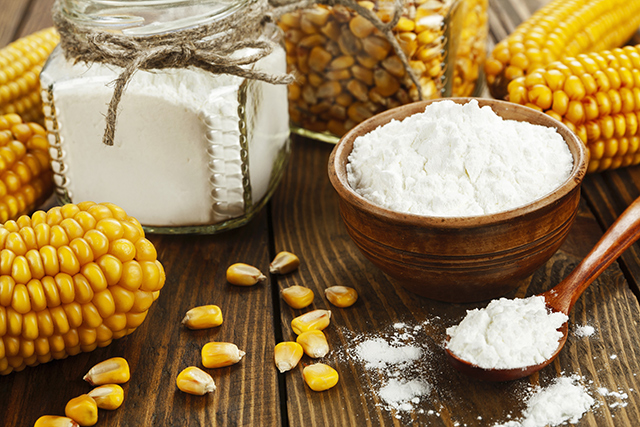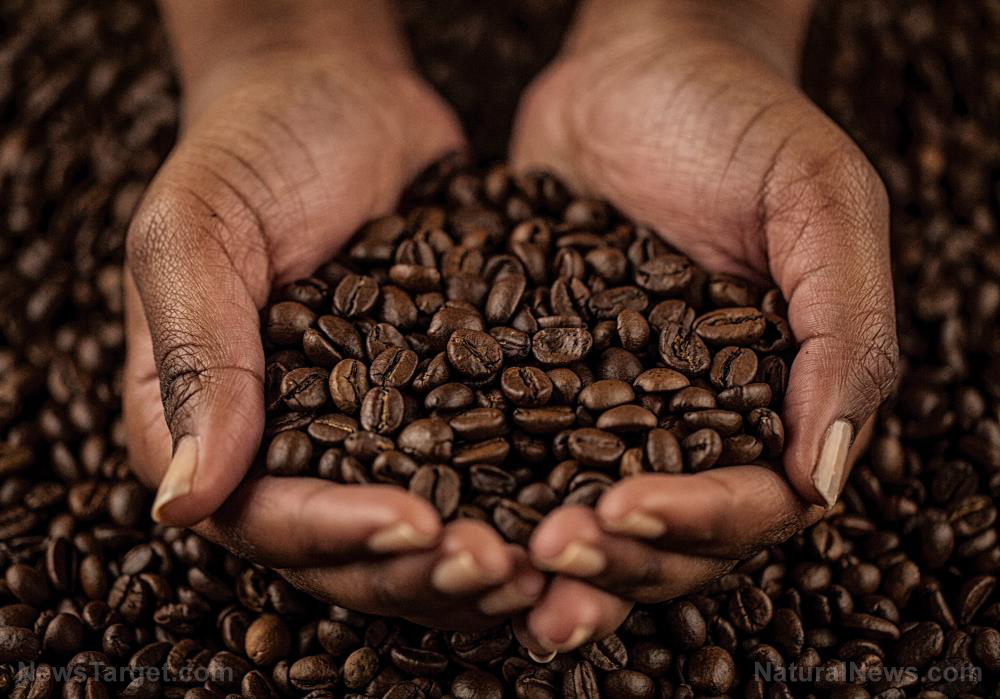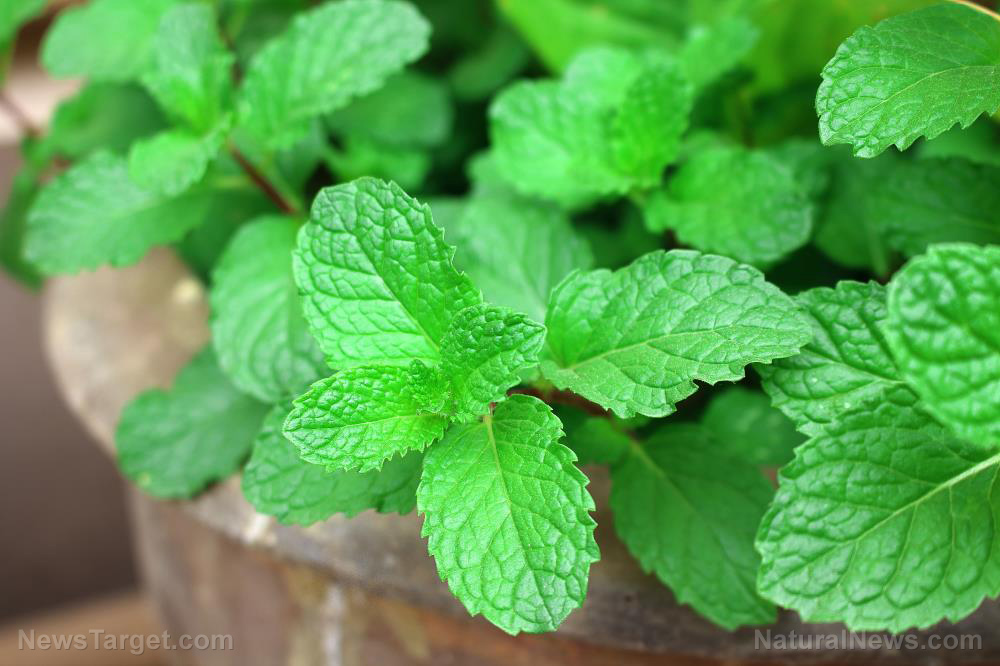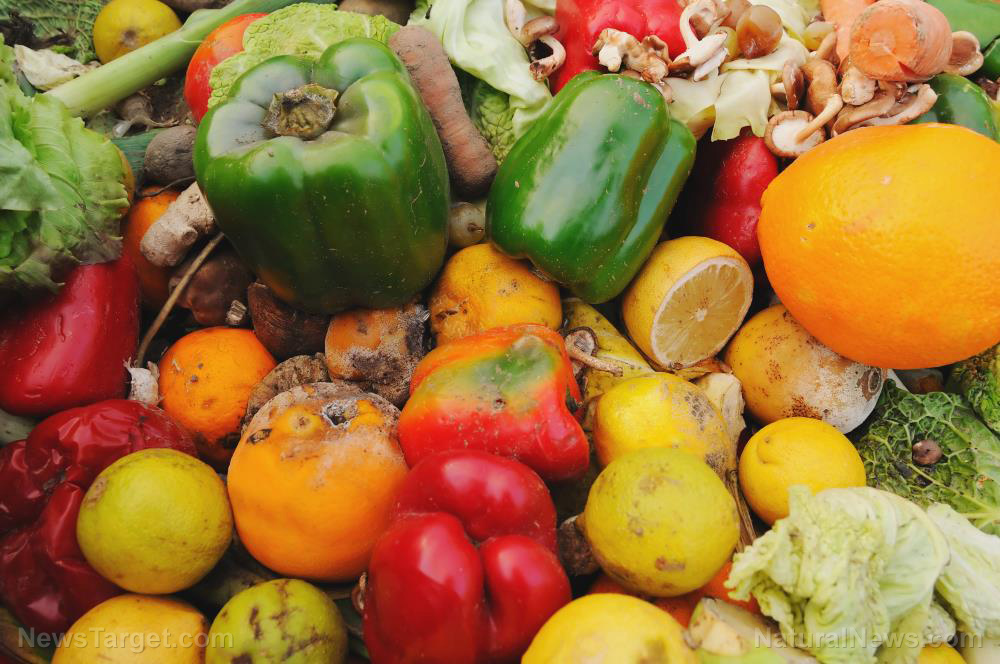5 hygiene survival myths debunked: What you really need to know about staying clean when out in the wild
11/13/2018 / By Michelle Simmons
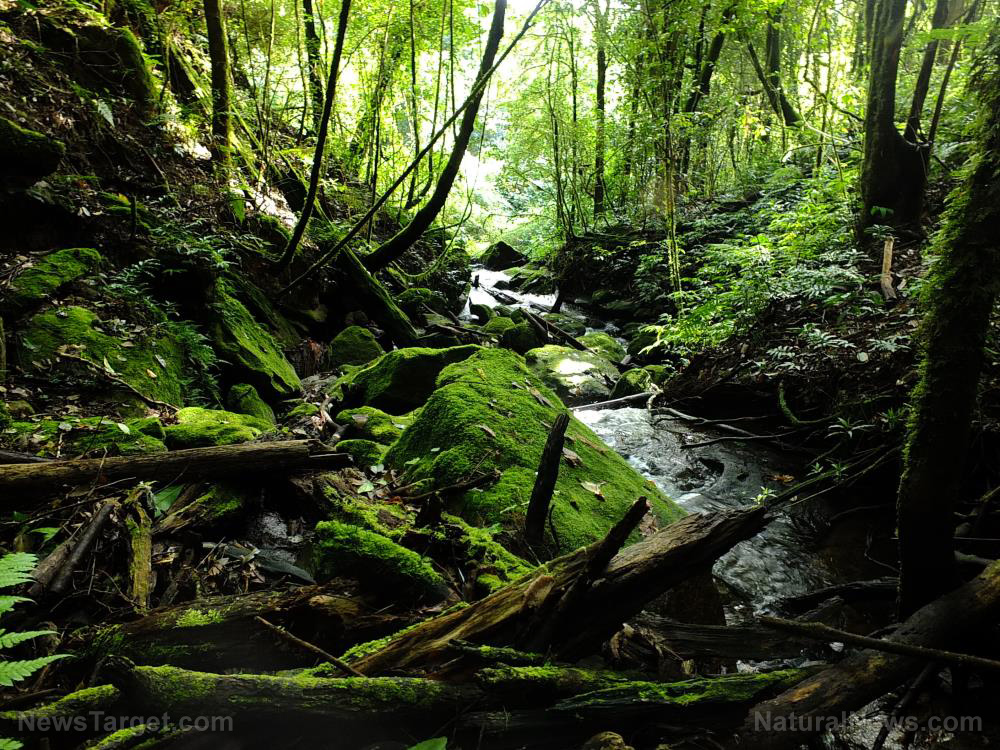
Aside from having enough water supply, staying clean is also important during a survival situation. This prevents you from getting sick. However, many are misinformed or lack the knowledge on staying clean in the wilderness, especially when it comes to female hygiene. Here are some wilderness hygiene myths that we’re debunking: (h/t to PreppersWill.com.)
- “No matter how much you try otherwise, you are always dirty!” — Washing your hands regularly will prevent contaminating your food, while washing your armpits, genitals, and other areas will prevent infections or the spread of bacteria. Having a biodegradable soap in your backpack is useful when you have water. However, water can become scarce in some situations. For these cases, carry wet wipes or waterless hand sanitizer with you. If you don’t have any of these, there are soap plants in the wild that can be used as soap. (Related: Staying healthy after SHTF: Best hygiene practices.)
- “I can’t brush my teeth.” — When you go out for a camping adventure, always carry a tube of toothpaste, a toothbrush, and a pack of floss with you. In case you run out of these, you can make use of baking soda as a toothpaste substitute, or a salt-and-water solution, which can treat mouth sores and increase the pH balance of your mouth. This will make it difficult for bacteria to survive and multiply. However, if you have none of these items, you have to improvise with what nature can offer. By mixing wood ash and water, you can make an improvised toothpaste. The key in making this is to wash the ash with hot water several times and rinse your mouth properly to prevent gum irritation. Use twigs from birch or hazelnut, or use alfalfa plants to make an improvised toothbrush. Remember to soak the brush in warm water every time you use it and don’t press too hard on your gums as it may cause bleeding.
- “I don’t like having bad hair days.” — This is one of the main issues for women. Not washing your hair may cause dead skin cells and excess oil to clog hair follicles, which can result in inflammation and an overgrowth of yeast. Water is not always available out in the wild, so bringing a dry shampoo to temporarily clean your hair or wearing a hat or bandana to prevent dirt will do. If you have neither of these, you can use soap plants to clean your hair. In long-term survival situations, it is best to cut your long hair to save time and effort in washing it.
- “Peeing in the woods will cause UTI.” — You won’t get a urinary tract infection (UTI) by peeing in the woods, but holding your pee in will. When you hold your pee in, you block your body from eliminating chemicals and bacteria out of the system, which results in a UTI. To prevent getting a UTI, stay hydrated. There are also female urination devices, which are small, lightweight, and hygienic, that women can use to pee standing up. Also, always carry a piece of clean cloth with you. This will be helpful when there’s not enough water available to wash yourself.
- “Menstruation prevents women from having fun outdoors.” — Having your menstrual period when you’re out in the wild may be a burden, but this shouldn’t keep you back from going outdoors. Prepare by packing feminine hygiene products, such as tampons and pads, with you. When you run out of these, consider using period underwear, which can hold the equivalent of multiple tampons. You can also make your own pad using cloth. For making outer pads, you can use old blankets or flannel shirts. For inner pads, you can stitch together multiple layers of cloth, cotton, or any absorbent material like weed fluff or peat moss.
Read more tips on staying off-grid at OffGrid.news.
Sources include:
style="display:inline-block;width:728px;height:90px"
data-ad-client="ca-pub-8193958963374960"
data-ad-slot="4715658735">
Tagged Under: hygiene, preparedness, preparedness and survival, prepping, survival, wilderness hygiene



